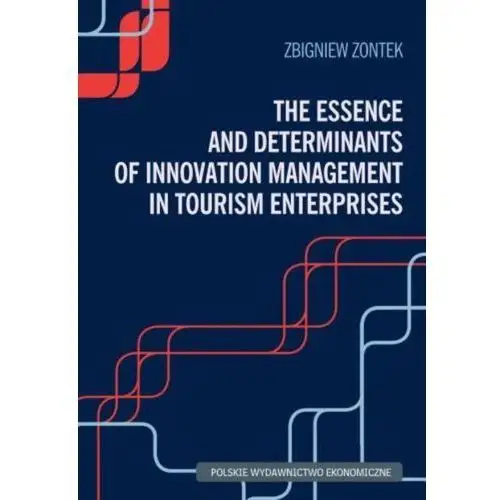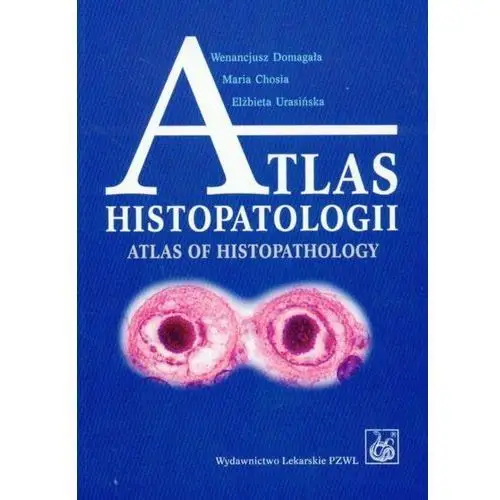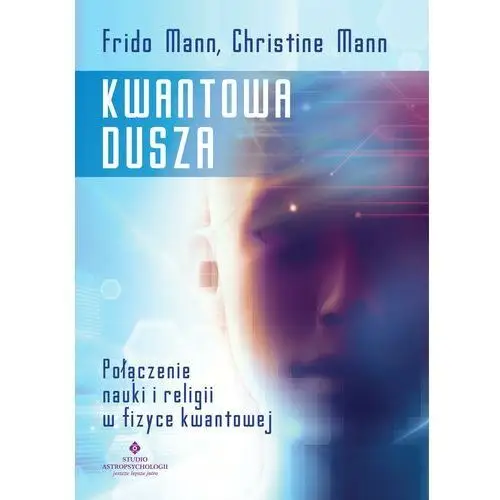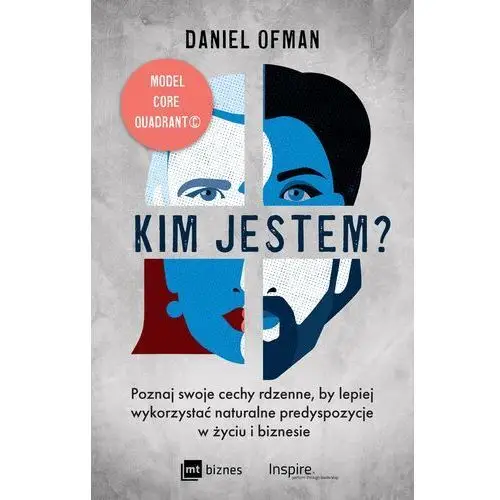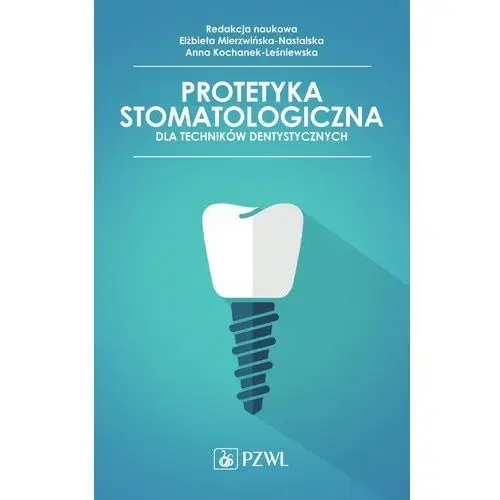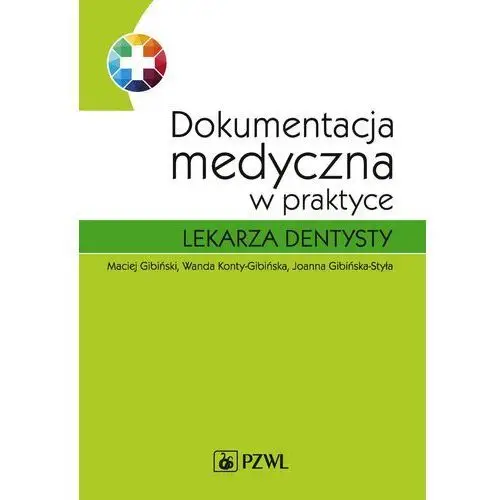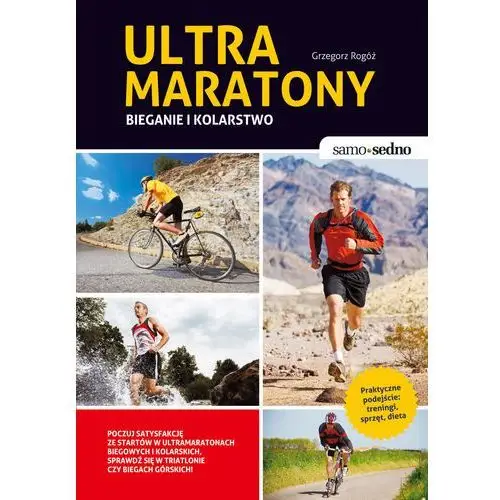The monograph discusses an overview of issues related to an empirical analysis of the determinants of innovation management in tourism enterprises. From among the determinants of innovation, particular attention is paid here to: anthropogenic determinants of innovation – the role of people and their creativity, cooperation and partnership – coopetition and tourism clusters, and conditions for the division of roles on the market – the role of efficient relations with customers and demand approach to the development of innovation in tourism.
The składnik linking these conditions and simultaneously increasing their aptitude is knowledge, and its transfer within the framework of the innovative environment. The results presented in this monograph derive from research conducted in Poland among tourism enterprises.
The research has allowed identification of the most important actions, which have a significant impact on the innovation of tourism enterprises. On the basis of analysis of secondary sources, new primary research, a catalogue of the activities these entities must undertake was developed.
These activities apply to both innovators and to the final recipients of innovative solutions (open innovation). Creating innovation in tourism should result from the implementation of public sector activities, both at the local, regional and national level, the private sector and the sector of supporting institutions, including: universities, research and development units, advisory centres, guarantee funds, business incubators, and also technology transfer centres, local associations and organizations.
However, cooperation between individual entities in these sectors is also important. In modern society, oriented to the development of new information techniques, innovations have more and more utility in creating preferences in the tourism market.
Innovation implies new solutions to problems of tourism services and issues, which involve a change of actual state, and it has an important part to play in the development of some fields of the tourism business.
This monograph is intended for tourism industry entrepreneurs, students of management and tourism faculties. And all those interested in innovations. We współczesnym społeczeństwie, nastawionym na rozwój innowacyjnych technik informacyjnych, coraz większe znaczenie w kształtowaniu preferencji na rynku turystycznym posiadają innowacje.
Monografia ma na celu analizę i empiryczną weryfikację uwarunkowań zarządzania innowacjami w przedsiębiorstwach turystycznych. Szczególną uwagę zwrócono na znaczącą rolę: zasobów ludzkich i ich kreatywności w podnoszeniu innowacyjności przedsiębiorstwa, uwarunkowań współpracy, w tym koopetycji oraz klastrów turystycznych oraz uwarunkowań podziału ról na rynku.
Elementem spajającym te uwarunkowania i podnoszącym ich poręczność jest wiedza i jej transfer w ramach środowiska nowoczesnego. W monografii przedstawione zostały wyniki badań, którymi zostały objęte polskie przedsiębiorstwa turystyczne.
Na podstawie analizy źródeł wtórnych oraz przeprowadzonych badań pierwotnych opracowany został katalog działań potrzebnych do podjęcia poprzez poszczególne podmioty wytwarzające usługi turystyczne i wspierające ich rozwój.
Działania te dotyczą równocześnie twórców innowacji, jak i finalnych odbiorców rozwiązań najnowocześniejszych (open innovation). Kreowanie innowacji w turystyce powinno być skutkiem realizacji działań sektora publicznego, równocześnie na poziomie lokalnym, regionalnym, jak i krajowym, sektora prywatnego, a także sektora instytucji wspomagających, obejmujących: szkoły wyższe, jednostki badawczo-rozwojowe, ośrodki doradcze, fundusze poręczeń, inkubatory przedsiębiorczości, a także centra transferu technice, lokalne stowarzyszenia i organizacje.
Z drugiej strony wyraźna jest na dodatek współpraca poszczególnych podmiotów tych sektorów.
